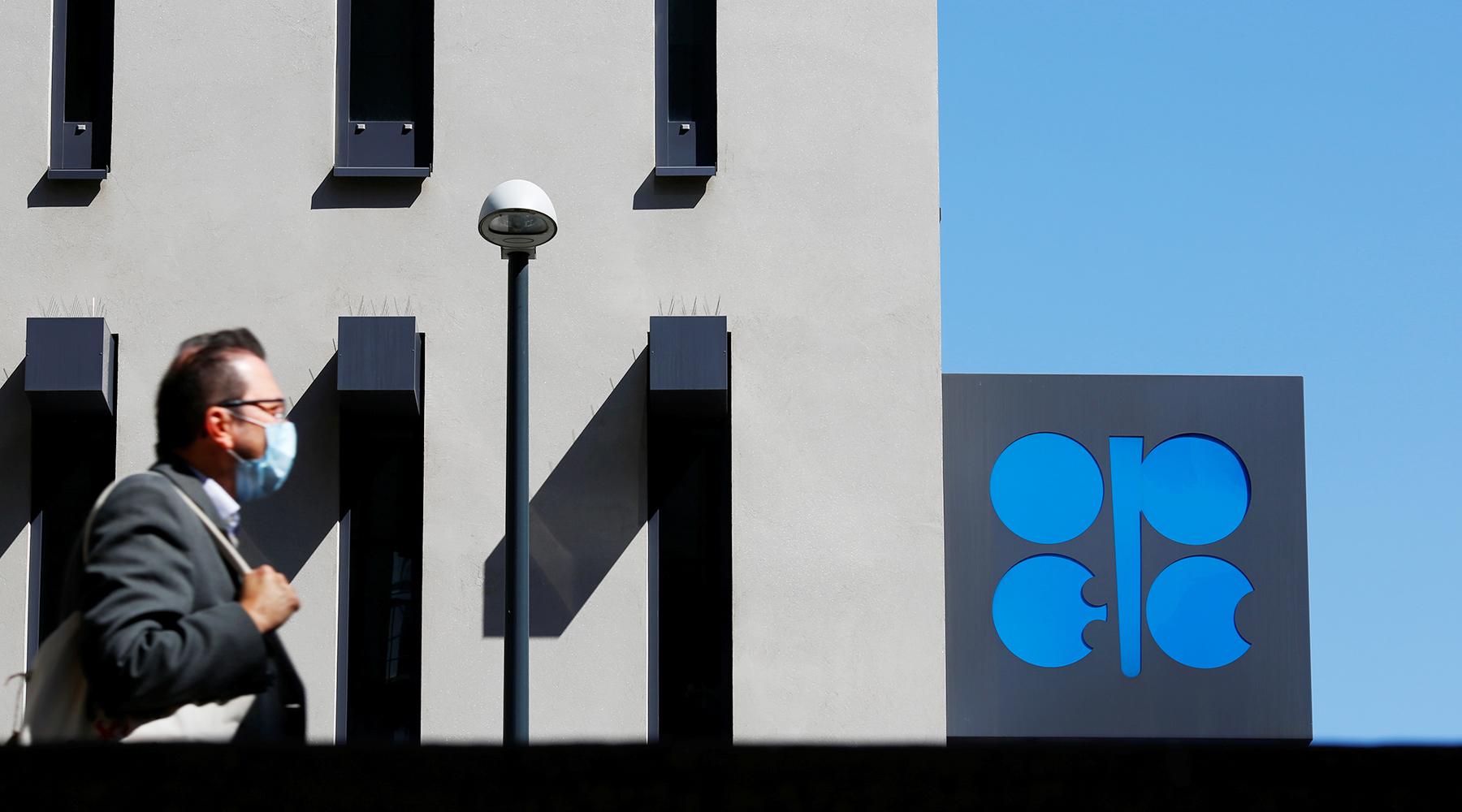On Wednesday, July 15, the energy ministers of the oil exporting countries during the negotiations decided to soften the terms of the OPEC + deal. Since August, the parties to the agreement will reduce the production of raw materials not by 9.7 million barrels per day, as in the last few months, but by 7.7 million barrels per day.
“Assessing the current situation, I believe that a slight weakening of existing reductions and the launch of the agreed second stage of adjustments in the amount of 7.7 million barrels per day are fully consistent with current market trends and will help to avoid volatility," TASS quoted Russian Energy Minister Alexander Novak as saying.
Recall that from May 1, the countries participating in the OPEC + agreement renewed their partnership and, to combat the global overabundance of raw materials, reduce oil production. The actions of states should lead to a restoration of the balance of supply and demand of hydrocarbons in the world market and thereby support price increases after the spring collapse.
According to the original terms of the transaction, from May to June, production of raw materials in the countries participating in the agreement was supposed to decrease by 9.7 million barrels per day, from July to the end of 2020 - by 7.7 million, and from January 2021 to April 2022 - by 5.8 million. Later, the states decided to continue to reduce production by 9.7 million barrels per day until the end of July.
According to estimates by the International Energy Agency (IEA), in May, oil exporting countries fulfilled the terms of the OPEC + agreement by 88%. At the same time, in June, the volume of transaction execution exceeded the target level and amounted to 108%.
It is noteworthy that states that have not sufficiently reduced production in May will have to compensate for the failure to complete the deal in August. This was announced during the talks by the Minister of Energy of Saudi Arabia, Abdel-Aziz bin Salman. As a result, he said, the real decline in oil production by OPEC + countries in the last month of summer may not amount to 7.7 million, but 8.2 million barrels per day.
On the whole, a slight increase in oil production by the exporting countries compared to July will not cause sharp fluctuations in the global energy market. This point of view in an interview with RT was expressed by the analyst of Finam Group Alexey Kalachev.
“Today, world oil consumption is recovering and the market is ready to accept additional volumes of raw materials from OPEC +. It is worth noting that countries that are not included in the agreement also reduced production, but at the moment they have already begun to restore it. In these conditions, OPEC + participants do not want to lose their market share, therefore they must also increase oil production, ”said Kalachev.
In their latest report, OPEC experts improved their forecast for oil demand in 2020. According to the organization’s assessment, according to the results of the year, energy consumption in the world can be reduced by 8.95 million barrels per day - up to 90.72 million barrels per day. Previously, OPEC expected a decrease of 9.08 million to 90.59 million barrels per day.
“The maximum difficulties associated with the fall in global demand are behind us. It was April, we observed a fall to 25% of global demand. There are now clear signs of an improvement in the situation, the number of air transportation and the volume of sales of automobile fuel are recovering at a steady pace, ”said Alexander Novak.
- Reuters
- © Leonhard Foeger
Note that global investors reacted positively to the outcome of the OPEC + meeting. So, during the evening trading on Wednesday, the price of Brent benchmark oil on the ICE exchange in London grew by almost 2% - up to $ 43.8 per barrel.
Against the background of the OPEC + transaction, IEA experts do not exclude that in the second half of 2020, a shortage may form in the world oil market. As a result, the cost of energy resources in the global market may increase further. As TeleTrade chief analyst Mark Goichmann told RT, quotes could reach $ 50 per barrel in the coming months.
According to experts, at the moment, the spread of coronavirus in the world remains a limiting factor for oil prices. So, a new wave of the COVID-19 pandemic could again provoke a reduction in global demand for hydrocarbons. According to RT, Yuri Mazur, Head of CEX.IO Broker Data Analysis,the restrained dynamics of energy consumption can again lead to lower prices to $ 40 per barrel.
However, in this case, the countries participating in the OPEC + deal can again agree on an additional reduction in oil production and thereby keep prices from a sharp drop, says Alexey Kalachev.
“If the second wave of quarantines begins, the situation may worsen again. Nevertheless, the practice of monthly online meetings of OPEC allows, if necessary, to return to an increase in production reduction, this is an important balancing factor, ”the expert concluded.

